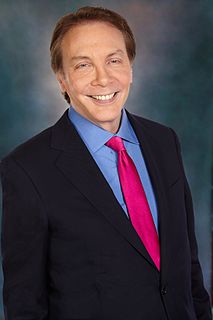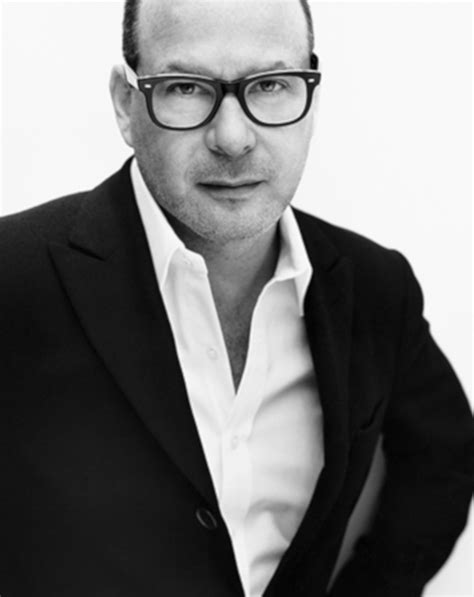A Quote by Daniel Suarez
The role I see for my books is trying to think through the consequences of various things because a lot of the issues around technology and the nuances in it are not usually widely appreciated. That's how I view my writing as I sort of explore this terra incognita ahead of us in an effort to try to understand where we might be heading.
Related Quotes
I'm often surprised by classical music and musicians. I've met a large number of them because my wife works for the Boston Symphony, and I'm in that world a lot now. I'm surprised at how difficult it is for people who are classically trained to read music or to memorize music, how difficult it is for them to improvise, to just go off and play. It's sort of, it's like terra incognita. They just, (makes noise) they don't get it.
Years and years of talking and writing versions of the script [Sausage Party] and looking at various versions of the animations - I mean, it's really a lot of workshopping and trying different things, and using the cast to try different voices and characters. And that's the good thing about animation. Because it takes so long, it allows you to explore in a way that you can't in live-action movies.
Sitting around home I mostly play acoustic. I've got seven or eight guitars of various sorts, including a baritone. Sometimes at home, because a guitar is just lying around, that's the guitar I pick up rather than actually choosing something. I try to plan ahead for my laziness by leaving interesting things scattered about. If I leave a baritone guitar lying around, that's the one I'll pick up, and I'll start writing baritoney things.
That's really the essence of what any fiction writer does. Some of it is research-based, but most of it is a really long-term, imaginative, empathetic effort to see the world the way someone whose experiences remote from yours might see it. Not every writer works that way; some writers make a wonderful career out of writing books that adhere very closely to how they view the world. The further I go with this, the more interested I get in trying to imagine my way into other perspectives that at first seem foreign to me.
I wanted to understand things and then be free of them. I needed to learn how to telescope things, ideas. Things were too big to see all at once, like all the books in the library-everything laying around on all the tables. You might be able to put it all into one paragraph or into one verse of a song if you could get it right.
We should think about what we mean by literacy. If you say, "He's a very literate person," what you really mean is that he knows a lot, thinks a lot, has a certain frame of mind that comes through reading and knowing about various subjects.The major route open to literacy has been through reading and writing text. But we're seeing new media offer richer ways to explore knowledge and communicate, through sound and pictures.
I think it's so important that you understand what you're trying to accomplish, what you're trying to say. Timelessness is never a thing I think about. If you try to make things timeless, you can end up with things that are neither exciting nor timeless. It's sort of like aiming for the middle in a way. At the same time, I never want to have to use the word trendy because it's not really what interests me. That's something that is gone tomorrow.



































